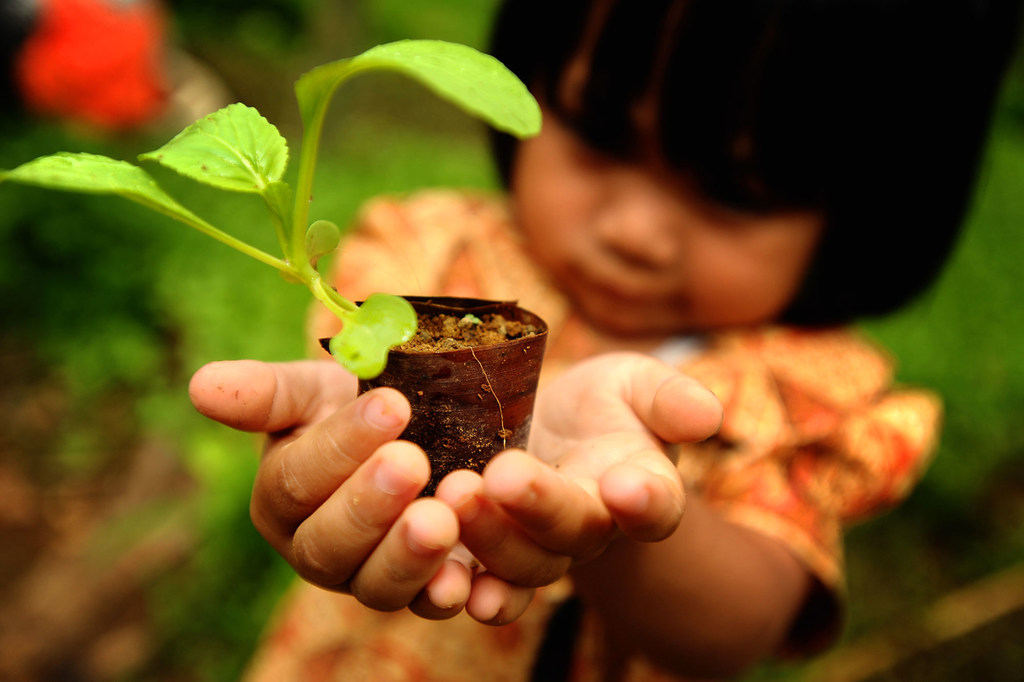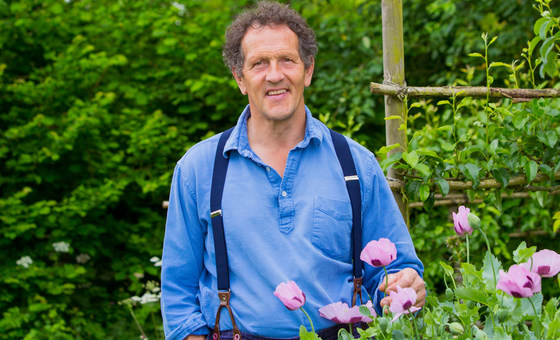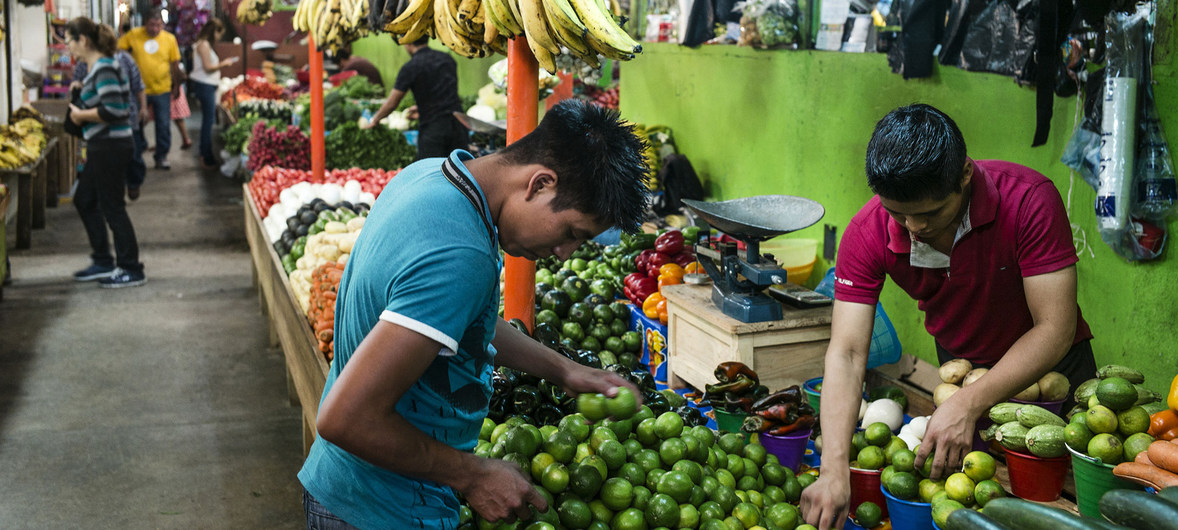First Person: ‘The world is in your hands and begins at your door’.
 British celebrity gardener Monty Don, a UN advocate for plant health, is raising awareness of the links between human health, plant health and the well-being of the planet.
British celebrity gardener Monty Don, a UN advocate for plant health, is raising awareness of the links between human health, plant health and the well-being of the planet.
Mr. Don, the UK’s leading garden writer and broadcaster, is an advocate for the Food and Agriculture Organization of The United Nations (FAO) for the International Year of Plant Health (extended into 2021 due to the COVID-19 pandemic), an initiative aimed at demonstrating the ways in which protecting plant health can help end hunger, reduce poverty, protect the environment, and boost economic development.

Monty Don, British horticulture expert and FAO Goodwill Ambassador to promote the International Year of Plant Health., by Marsha Arnold
“I would define the term ‘plant health’ in two ways. Firstly, the way in which plants’ health is related to the environment in which they are growing. The biggest mistake that gardeners make is to try and force a plant to grow where it doesn’t want to grow, and not understanding what a plant needs in order to be healthy. Rosemary, for example, is adapted to the rocky sun-baked hillsides of the Mediterranean, whilst a Hosta likes shade, rich food, and lots of water.
The second definition involves the ways that plants boost human health, whether it’s physical health, or mental health. The last year and the COVID-19 pandemic has certainly highlighted the importance of mental health, and the positive role that gardens can play: tens of thousands of people around the world have reported that horticulture has provided them with a close connection with nature, with the seasons, with the weather and with their own internal mindset. We might be living in the midst of an unpredictable, scary, chaotic world at the moment, but gardening and plants remain constant.
The environmental cost of food
For humans to be healthy, we need to eat and to have access to fresh, seasonal, locally produced fruit and vegetables. In wealthy western and northern Europe, we have twenty-four-hour, year-round access to fruit and vegetables from all over the world.
For me this is not healthy, because it means huge transportation costs, and large-scale interventionist and artificial out-of-season growth. So, for example, you can eat strawberries in February, but they will have to be grown in a polytunnel in a warmer country and produced in such a way that they won’t actually taste good.
There are many ways that we can eat local fruits and vegetables. We can grow our own, whether in allotments, back gardens, window boxes or rooftop gardens, and we can try to buy locally whenever possible. If we all do this, it will lead to improved health benefits for us, and environmental benefits for the planet.

© FAO-Magnum Photos/Alex WebbIn countries like Mexico markets are dominated by fresh seasonal produce, unlike in many wealthy western and northern Europe countries.
Healthy soil means healthy plants
Soil is amazing. There are more living organisms in the first six inches of the soil than there are stars in the known universe. And we know less about what’s happening just a foot below the ground than we do the deepest part of the sea.
If you have healthy soil, you will have healthy plants. The relationship between the bacteria in the soil and the nutrients that the plants take up is completely intertwined. Not just the main nutrients such as nitrogen and phosphorus, but the micro-nutrients and minerals which people increasingly realise are so important to our health.
However, our agricultural practices since the Second World War have practically ignored soil health. Over the last seventy or eighty years, we have treated soil as an inert medium that we can use rather like a factory floor, raising plants short of any obvious nutritional quality.
A new generation of activists
But now there is a new generation of farmers all over the world who realise that, by looking after the soil, you no longer have to spend a fortune on artificial fertilisers, you get much healthier plants, and your crops are just as good.
My message to this generation, to all of the young people who are concerned about sustainability and the future of the planet, is that the world is in your hands and the world begins at your door.
By far the best way that we can tackle the bigger issues of plant health, sustainability and climate action, is to learn how to connect to our own immediate world, how to love, treasure and care for it. So, I would say, it’s the old, old story: think global, act local.”
Monty Don was interviewed by the UN Regional Information Centre for Western Europe.



